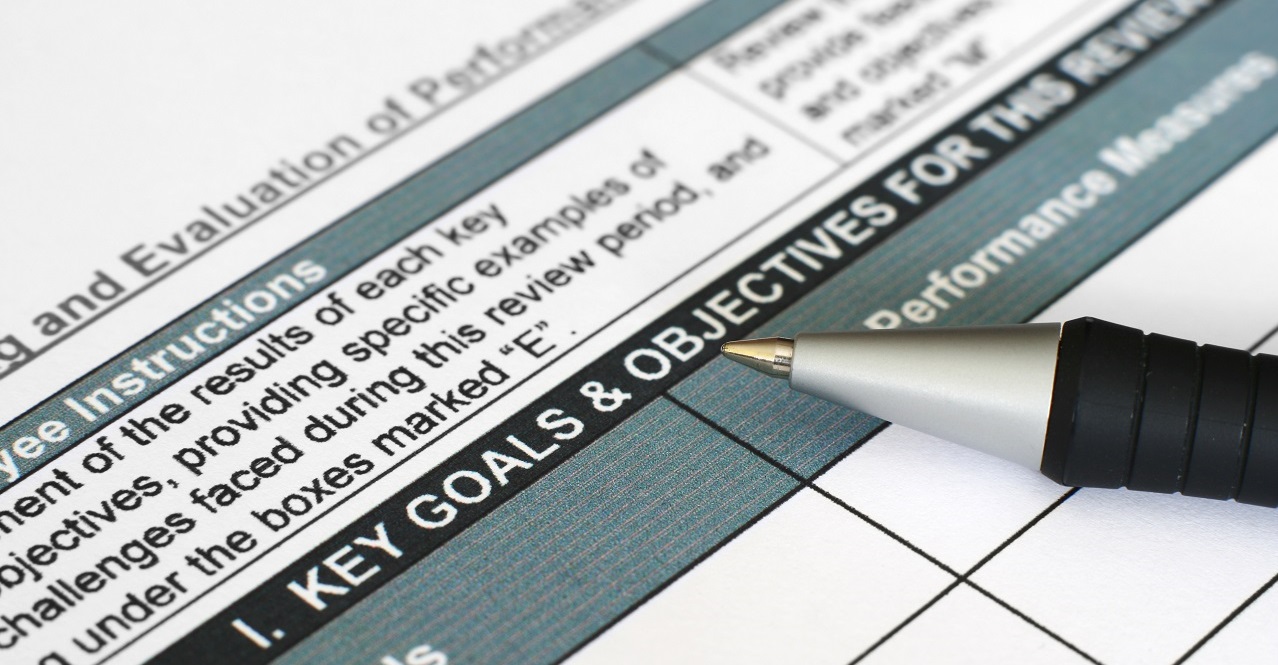The Ofsted framework for inspection places a strong emphasis upon governing and trust board self-evaluation.
Self-evaluation is an on-going process that supports schools and academies in identifying their strengths and areas for development. It allows them to measure progress towards their targets throughout the year.
Governors and Trustees need to know their school and how well it functions. They also need to know their own strengths and the areas which work well, and these should be celebrated and built upon. Governors need to know that they have all the skills needed to be effective within the governing board and any areas that may require improvement.
It is acknowledged that those governing boards judged to be outstanding by Ofsted challenge their own performance in addition to that of the schools that they serve. Self-evaluation or review is an effective way of challenging own performance.
A board would find it a useful exercise to build into its regular business an annual opportunity to review its own function, structures and vision. The outcome of this would be a specific action plan for the board’s own development. This can provide a clear structure and framework for improvement which will support the board in managing its work efficiently and keeping it focused on core business and not straying into operational and peripheral issues.
By being involved in the school’s self-evaluation process the board will be able to identify strengths, weaknesses and areas for development alongside the school. This supports the partnership of school and board, allows them to function effectively and efficiently and have the focus, drive and clarity of vision needed to be outstanding.
An example of a typical self-evaluation process would be:
- A review of progress, targets and outcomes for staff and pupils to enable the school and governors to agree and set new priorities for the next school year.
- Identified areas for development to be incorporated into the school development plan.
- To regularly monitor the school development plan and identify support and training needed to ensure the correct outcomes are achieved.
- To review and amend actions on a regular basis.
- To measure the success of outcomes for pupils.
- By reviewing the school development plan priorities, evidence is produced for the self-evaluation cycle to begin again.
In the document from Ofsted; ‘School Governance: Learning from the Best’, it acknowledged that:
where governing bodies were effective they regularly challenged their own performance in addition to that of the schools. Robust debates about the effectiveness of governance were common. Where there were opposing views, issues were discussed fully and additional information sought, including from external experts. Governors also used the grade descriptors from Ofsted to guide their self-evaluation and this process was then used to develop a specific action plan for their own development.
The HMI Chief Inspector for schools also reported that:
Governors who know their school well, and are able to take and support hard decisions in the interests of pupils, will be in the best position to drive improvement at their school.
The Governance Services Team through the Governance Development Officer can help and support governing boards in preparing a self-evaluation process based on the individual needs of the school and governing board.




